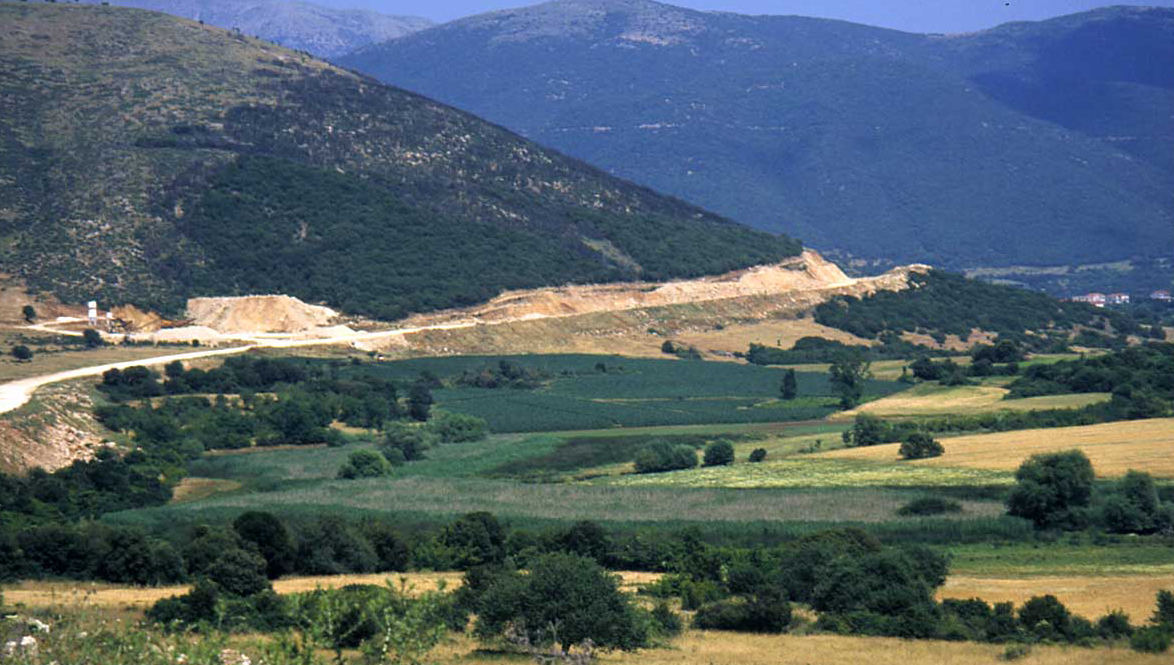 |
||||||||||||||
|
|
||||||||||||||
|
Greece
|
|
Third Millennium B.C. Abrupt Climate Change and Social Collapse in Greece and the Aegean - Collaborators include Mark Besonen, Harvey Weiss, Jason Curtis, Mike Rosenmeier, Colin Cooke, and Aubrey Hillman among others A multi-disciplinary project is proposed to define the 2200 B.C. abrupt climate change event in SE Europe (Greece and Aegean area) through coring of two pre-tested lake sites in NW Greece. Combining geochemistry, stable isotope analyses, radiocarbon dating, palynology and archaeology, this project attempted identify and quantify the abrupt natural alterations associated with this event and quantify its human impacts, already identified as the major regional abandonment of sedentary settlement across the Peloponesse, Aegean and Crete. The 2200 B.C. abrupt climate change event is one of the two largest abrupt climate change events of the Holocene. The regional, hemispheric and global signals for this event are, uniformly, aridification, wind turbulence, cooling, major forest and tree reduction. In West Asia and Egypt, the 2200 B.C. abrupt climate change is associated with imperial collapse, regional abandonments of dry farming zones, population concentrations along major rivers, and major increases in pastoral nomad populations.
|
|


